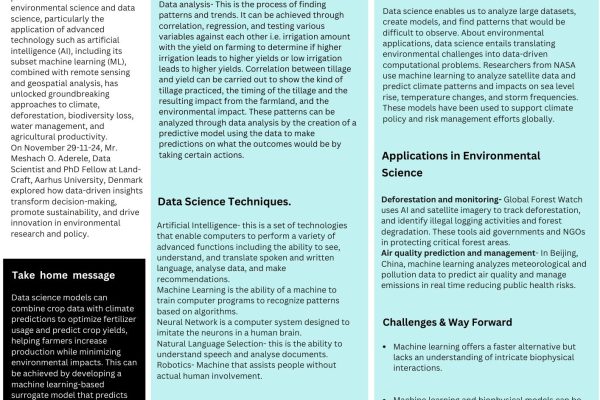Introduction
The global shift towards clean energy presents a significant challenge: the stranding of assets and resources currently tied to fossil fuels. This phenomenon, where economic value is lost before the expected lifespan of an asset or before the full utilization of a resource, raises concerns about economic stability during the transition. Despite these concerns, a comprehensive understanding of the factors driving asset and resource stranding in this context remains elusive. This knowledge gap hinders efforts to mitigate or minimize the risks associated with stranding. This review tackles this critical issue head-on, as presented by Dr. Mary Nantongo, and Ms. Gladys Kemitare, lecturers at Makerere University on June 21, 2024.
Key Messages
Economic Impacts
Fossil fuel infrastructure investments have been substantial, yet the ongoing shift towards renewable energy sources could lead to a notable decrease in the value of these assets. As the demand for fossil fuels diminishes, companies that rely heavily on these resources may face significant financial challenges, including large-scale write-offs and impaired asset valuations. Organizations that fail to pivot towards sustainable alternatives may find themselves grappling with severe financial turmoil, potentially culminating in bankruptcy. This scenario could trigger widespread job losses, with ripple effects reverberating through the economy, affecting not just the companies involved but also the communities relying on them for employment and economic stability.
Social Consequences
The move away from fossil fuels can have profound social ramifications, particularly in regions where the economy is heavily tied to these industries. This transition may lead to significant job losses and economic disruption, which can harm the livelihoods of countless workers and their families. To mitigate these adverse effects, it is essential to implement a just transition framework that prioritizes the needs of affected workers and communities. The decline of fossil fuel industries may also disrupt the social fabric, leading to weakened community ties and increased issues such as crime rates and mental health challenges. Addressing these social consequences is vital to fostering resilience and maintaining community cohesion during this period of change.
Environmental Benefits
Despite the challenges posed by the transition away from fossil fuels, this shift is imperative for reducing greenhouse gas emissions and combating climate change. Divesting from fossil fuel assets, including coal, oil, and natural gas resources, is essential for making meaningful strides in diminishing carbon dioxide (CO₂) emissions and other harmful greenhouse gases. This transition is pivotal not only for achieving national goals but also for fulfilling international climate commitments, such as those outlined in the Paris Agreement. Prioritizing environmental sustainability is crucial for creating a more sustainable future for generations to come.
Policy Challenges
Effectively managing this transition involves navigating a complex landscape of policy challenges. Striking a balance between economic, social, and environmental objectives is critical. Policymakers must develop comprehensive strategies that include compensation mechanisms for displaced workers, retraining programs to equip individuals with new skills, and investments in renewable energy initiatives. A well-coordinated policy approach can help ensure that the negative impacts of this transition are mitigated while harnessing the benefits of a greener economy.
Conclusion
The phenomenon of asset and resource stranding presents a multifaceted challenge that calls for thoughtful management to facilitate a smooth transition toward clean energy. By addressing the intertwined economic, social, and environmental dimensions of this issue, countries can better navigate the complexities of this transition and work towards achieving their climate goals. Embracing this approach not only promotes environmental sustainability but also supports communities in adapting to an evolving energy landscape.




